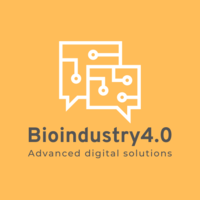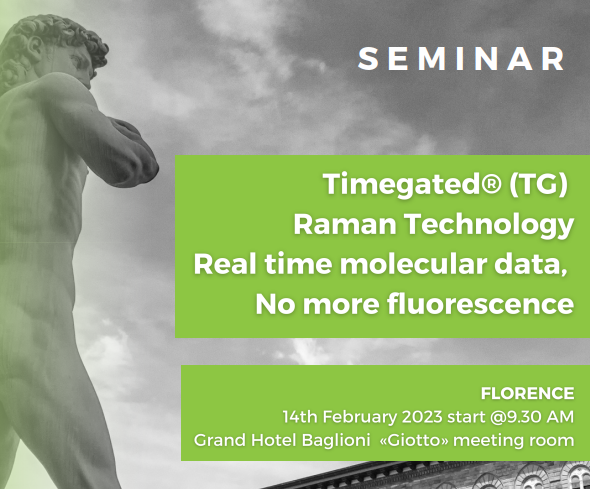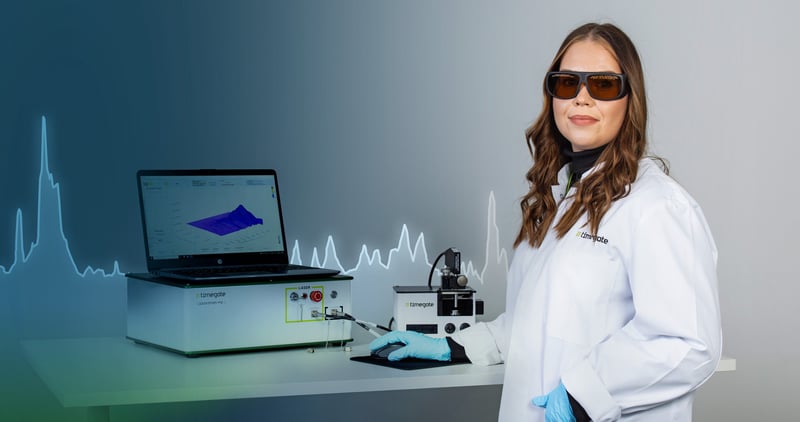Timegate is part of project ROBA
Timegate Instruments is participating in project ROBA – Robust Algae Systems, funded by Business Finland. ROBA aims to tackle hurdles to create economically feasible algae processes through a combination of modelling, advanced measurement technology, bioprocess engineering, machine learning and synthetic biology.
Timegate´s target is to assess applicability of Raman spectroscopy in biotechnological and specifically algal applications and to widen the application area of Timegated Raman technology to the industrial biotechnology sector.
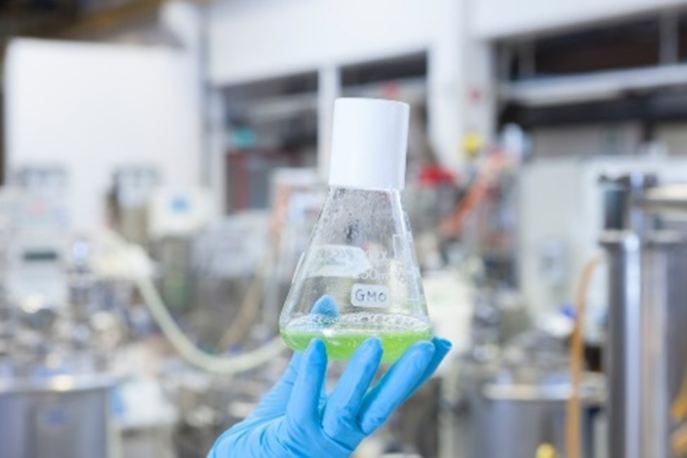
Data driven methods to boost microalgae production and CO2 capture
Microalgae are a promising feedstock for a large number of products such as fuel, food and materials. At the same time, algae are able to fix large amounts of CO2 that they use for growth. Approximately 50% of the algae biomass is carbon, and as such, microalgae hold great potential to support efforts to tackle climate change. However, large-scale algae farming faces technical challenges that hinder widespread economically successful applications. VTT is coordinating a two-year research project involving the University of Jyväskylä, Neste and seven Finnish SMEs, jointly addressing some of the bottlenecks in large-scale algal cultivation.
Project ROBA – Robust Algae Systems, funded by Business Finland, aims to tackle hurdles to create economically feasible algae processes through a combination of modelling, advanced measurement technology, bioprocess engineering, machine learning and synthetic biology.
“Microalgae are one of the potential renewable and scalable future raw materials that Neste is developing, with the aim to expand our renewable raw material pool to support future growth of renewables production. We are also looking for all possible solutions to reduce emissions in order to meet our ambitious goal of carbon neutral production by 2035. Activities in the ROBA project will contribute to these targets by focusing on a concept for refinery CO2 capture with microalgae and by developing monitoring methods that could be utilized in large-scale algae cultivation,” explains Jason Michael Blake, Vice President of Innovation, Business Platform Aviation Feedstock, at Neste.
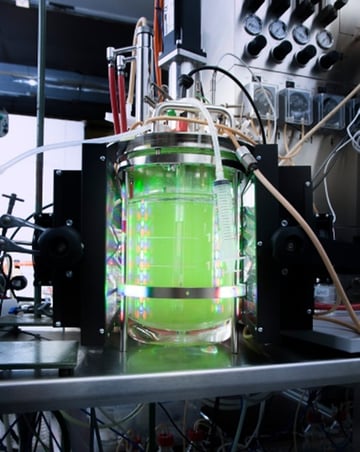 One bottleneck in algae cultivations to be addressed is monitoring of contamination, which currently is a challenge in large-scale processes and can lead to loss of entire cultures. In ROBA, a series of optical and other online methods will be explored. The measurement technologies to be developed in the project will be applicable also for other biotechnological processes.
One bottleneck in algae cultivations to be addressed is monitoring of contamination, which currently is a challenge in large-scale processes and can lead to loss of entire cultures. In ROBA, a series of optical and other online methods will be explored. The measurement technologies to be developed in the project will be applicable also for other biotechnological processes.
“Industrial biotechnology is becoming more and more an important part of sustainable industrial practices. Our aim is to develop intensification methods for large-scale algal cultivation. Innovative measurement and monitoring technologies will help us to move towards efficient and economically feasible production processes,” says Mervi Toivari, Principal Scientist at VTT Technical Research Center of Finland.
Machine learning promises to take process monitoring even one step further, by combining various information received from the process into a more complete picture.
“This is a new opening to develop a novel on-site observer and computational methods for the needs of microalgae biotechnology. The Spectral Imaging Laboratory at the University of Jyväskylä focuses on developing a non-invasive monitoring method based on hyperspectral imager technology. Monitoring the growth and product accumulation of microalgae and detecting contamination are the key areas for the development,” says Pauliina Salmi, a Postdoctoral Researcher from the University of Jyväskylä.
More about the project
ROBA’s total budget is 1.4 M€ and its main funder is Business Finland. In addition to VTT, the University of Jyväskylä, Business Finland, and Neste, the following stakeholders are also participating in the project: Agri-Biotech, Aircohol, Owatec, Pixact, Soilfood, Specim, and Timegate Instruments. The partners are supporting the project with valuable expertise and insight into measurement technologies in bioprocesses, photobioreactor configurations, products from algae biomass, and process equipment.
Contacts
Mervi Toivari, Principal Scientist, VTT, Mervi.toivari@vtt.fi, Tel. +358 40 708 1039
Pauliina Salmi, Postdoctoral Researcher, University of Jyväskylä, pauliina.u.m.salmi@jyu.fi
